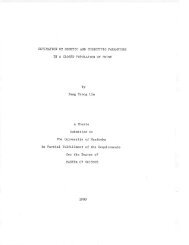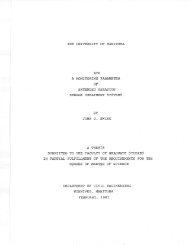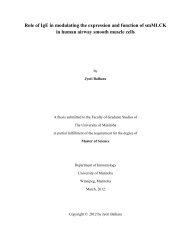A STUDY IN LEGAL ADMINISTRATION AND RECORDS SHARON ...
A STUDY IN LEGAL ADMINISTRATION AND RECORDS SHARON ...
A STUDY IN LEGAL ADMINISTRATION AND RECORDS SHARON ...
Create successful ePaper yourself
Turn your PDF publications into a flip-book with our unique Google optimized e-Paper software.
often bound by judgments based on previous cases.<br />
Just as it had in comrnon law, greed interfered with the administration of<br />
justice. Clerks in the Chancery office charged fees for the preparation of<br />
documents. Fees were charged for the expedition of suits and officiais accepted<br />
gifts when cases were successfutly ~ncluded.~' In addition, many of the offices<br />
in Chancery were bought and sold (an abuse that also existed in comrnon law).<br />
There were atternpts at refonn as early as the sixteenth century. But<br />
while these solved some problems they frequently aeated new ones in their<br />
stead. Lord Ellesmere, chancellor at the beginning of the seventeenth century,<br />
remedied certain Chancery abuses.15 Near the end of that œntury Lord<br />
Nottingham began systematizing the rules and procedures of Chan~ery.'~ Later<br />
chancellors clarified the uses of specific performance and the injunctions.<br />
However, by the nineteenth century equitable justice remained so dependent on<br />
precedent that the system lost much of its efficiency and many plaintiffs<br />
languished for years "in Chancery" without ever obtaining relief.<br />
Resolution of these problems was finally effected through parliament.<br />
The three Judicature Acts of 1 87 1 -76 abolished the Chancery and the medieval<br />
cornmon law courts and replaced them with a single court, the Supreme Court of<br />
Judicature.17 This new Supreme Court included the High Court of Justice, and<br />
the Court of Appeal (divided into civil and criminal, with final appeal to the House<br />
of Lords). The High Court, after some amalgamations, ultimately incorporated<br />
the Queen's Bench Division, the Chancery Division, and the Family Division



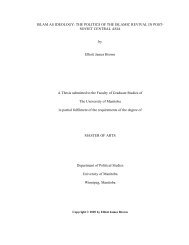
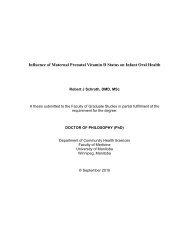
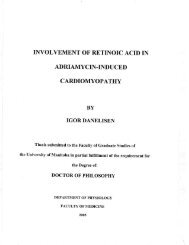
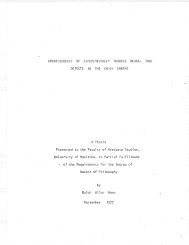
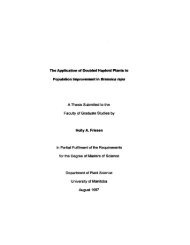
![an unusual bacterial isolate from in partial fulf]lment for the ... - MSpace](https://img.yumpu.com/21942008/1/190x245/an-unusual-bacterial-isolate-from-in-partial-fulflment-for-the-mspace.jpg?quality=85)
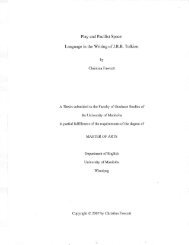
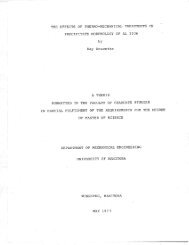
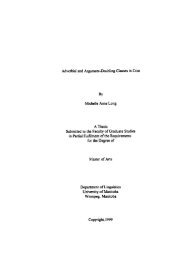
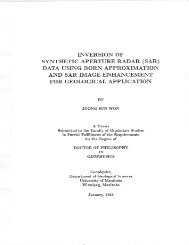
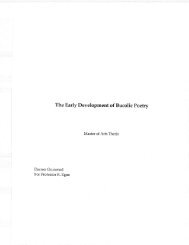
![in partial fulfil]ment of the - MSpace - University of Manitoba](https://img.yumpu.com/21941988/1/190x245/in-partial-fulfilment-of-the-mspace-university-of-manitoba.jpg?quality=85)
